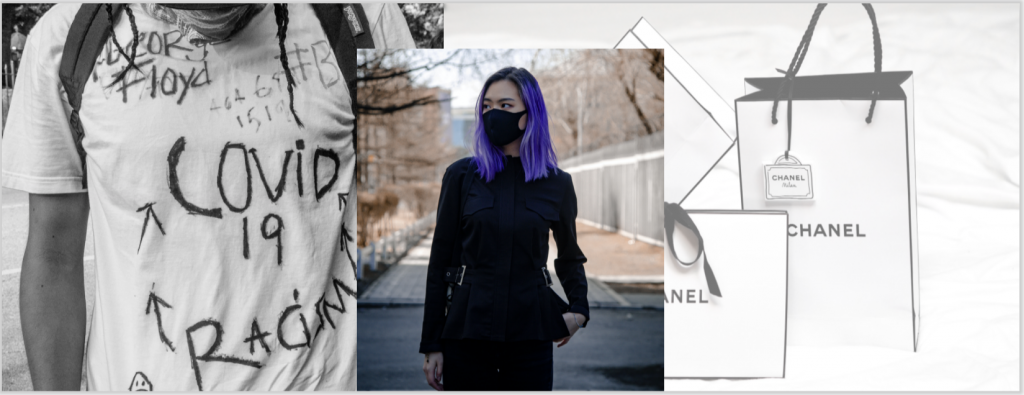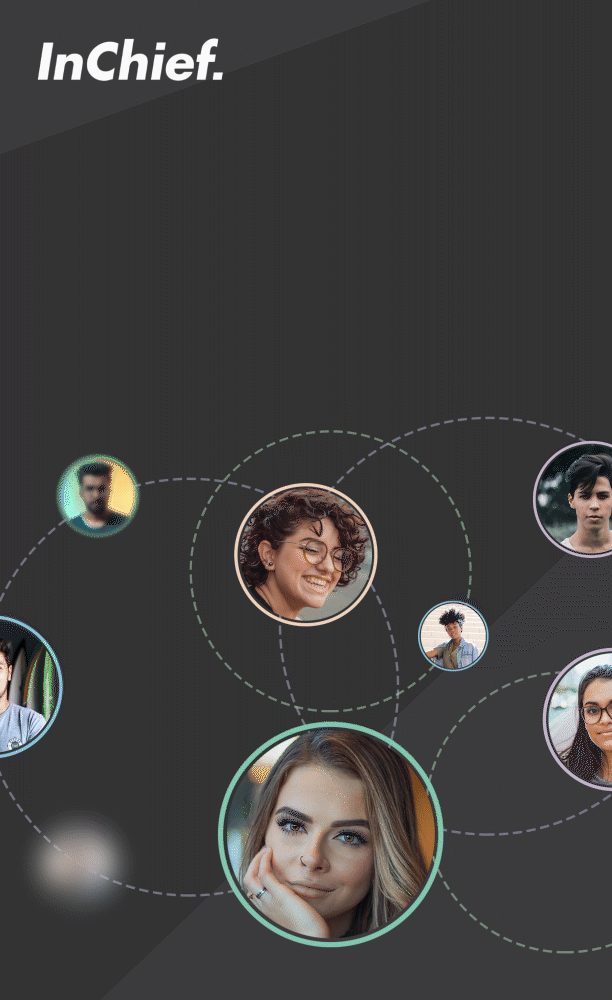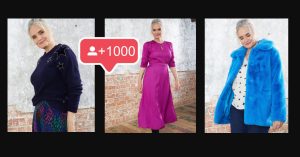Brands will be needing creators more than ever
Fashion is in trouble. Huge powerhouses like J.Crew and Neiman Marcus have filed for Chapter 11 Bankruptcy Protection, online giants like Net-A-Porter are struggling with dividends and high street chains are expecting huge losses for the rest of the year, if not for even longer.
Every industry and sector has been hit in different ways, but fashion, especially luxury fashion is experiencing a hell of a pounding. No physical locations can open in many of their markets, and even online shipping isn’t a sure thing. Besides, even if fast and direct shipping was guaranteed, with huge job losses and salary cuts across the board, few of us are in the mood to splash out on some new threads. Without holidays or weddings to plan for, impulse purchasing is low, and retailers are feeling the bite. We’re in the biggest global economic shrinking since the Great Depression. Feeling nauseous yet?
Of course, fashion as an industry will recover eventually, but many brands and retailers may not survive the pandemic. Shopping as an experience will be hugely changed, with bricks-and-mortar stores needing to adapt to new restrictions, controlling the number of customers in a store at once, safeguarding staff and providing sanitation stations. No one knows exactly what this will all look like, least of all creators, who will no doubt be wondering what this means for them professionally. Let’s take a look at a few possibilities…
Brands will be looking for credibility and authenticity
The pandemic has brought into sharp relief a lot of the structural inequalities of the fashion industry. Elizabeth Paton at the New York Times does brilliant reporting around this, with one of the key takeaways from her investigation being that a lot of brands, even high-end brands, are dependent on sweatshop labour, or other kinds of questionable labour practices. Supply chains are breaking down as international shipping hits the buffers, and countless workers are unable to work from home, slowing production altogether. Likewise, consumers are keeping a trained eye on brands and how they respond to the disaster – are they supporting frontline workers and their own staff? Are they being responsible and generous? Brands will need to do a lot to win back consumer trust in fashion as an industry, and partnering with creators will likely be part of this. In order to build back their reputation, they’ll look to lean on the reputations of popular creators who have engaged audiences. If people trust a creator, a brand can become trusted again by getting that creator’s seal of approval, especially creators who do good work promoting sustainability and fairness.
Easier, more seamless shopping methods
It’s likely that shopping as we know it won’t go back to normal for quite a while. Even when lockdown restrictions ease, people will rightly be nervous about returning to crowded places, and safety regulations might make the experience jarring. To combat this, brands will be looking to beef up their online options, perhaps offering contact-free deliveries, better showcasing of their clothes on real people, and free returns. Basically, anything to help overcome the so-called hesitation barriers that might stop people hitting “add to basket”. Creators can be a huge asset here; showing consumers what clothes look like on them, linking to online storefronts, offering affiliate codes and sharing discounts and sales with their audiences.
Rebuild consumer trust
Eventually, people will start shopping again in physical bricks-and-mortar stores. But brands will want to encourage that to happen sooner rather than later, and again, they might lean on creators to help with this. Whether it’s sponsored posts shot in store, vlogs of you shopping or you showing off a haul, they’ll be keen to get the message out that it’s safe to shop again and to start to rebuild consumer trust. Of course, there is such a thing as too soon, and this is unlikely to be a first step for brands as some countries and regions will stay in lockdown longer than others, but in the months to come, this kind of content could be lucrative for creators and brands alike.







